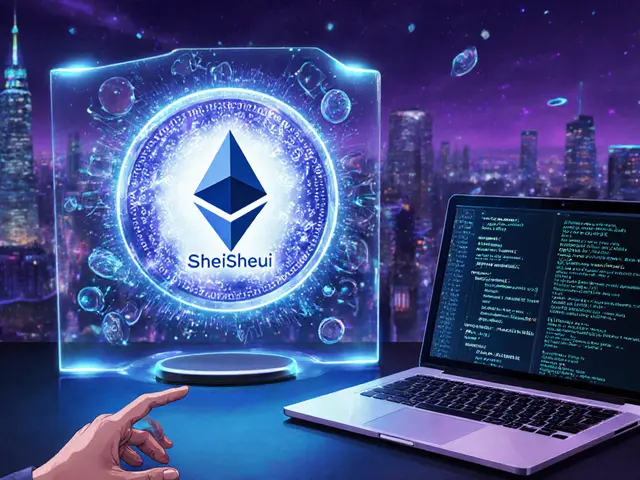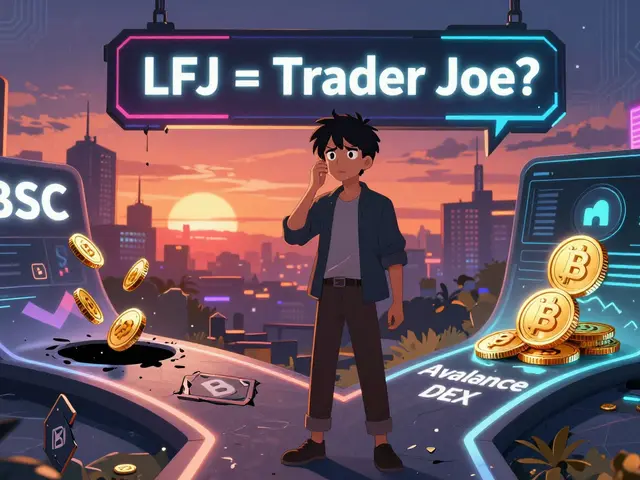zk rollup: What It Is, Why It Matters, and How It’s Changing Crypto
When you hear zk rollup, a type of Layer 2 blockchain scaling solution that uses zero-knowledge proofs to bundle and verify transactions off-chain. Also known as zero-knowledge rollup, it lets blockchains like Ethereum handle hundreds of transactions per second without sacrificing security. Think of it like packing a hundred emails into one encrypted envelope—only the recipient can open it to verify everything inside is legit, without seeing the details. That’s the power of zero-knowledge proofs, and it’s why zk rollups are one of the most talked-about fixes for Ethereum’s slow, expensive transactions.
It’s not just theory. Projects using zk rollups are already live, cutting gas fees by 90% and enabling real-time trading, gaming, and DeFi apps that used to be too slow or costly. This tech connects directly to what you’re seeing in posts about FairySwap, a privacy-focused decentralized exchange built on zero-knowledge crypto technology, or how restaking, a method to reuse staked assets across multiple protocols to earn more yield is becoming more efficient because of faster Layer 2 networks. zk rollups don’t just make transactions cheaper—they unlock new possibilities for privacy, scalability, and cross-chain interoperability.
What you’ll find in this collection isn’t just definitions. These are real-world breakdowns: how zk rollups compare to other scaling tools, what risks they still carry, and which tokens or platforms are betting big on them. You’ll see how they tie into NFT standards, crypto exchanges, and even airdrop strategies. No fluff. Just clear, practical insights from posts that cut through the hype and show you what’s actually working today.
Understanding L1‑L2 Bridges: How Ethereum Scaling Really Works
Learn how L1‑L2 bridges connect Ethereum's base layer to scaling solutions, the tech behind optimistic and zk‑rollups, security trade‑offs, and future trends.











